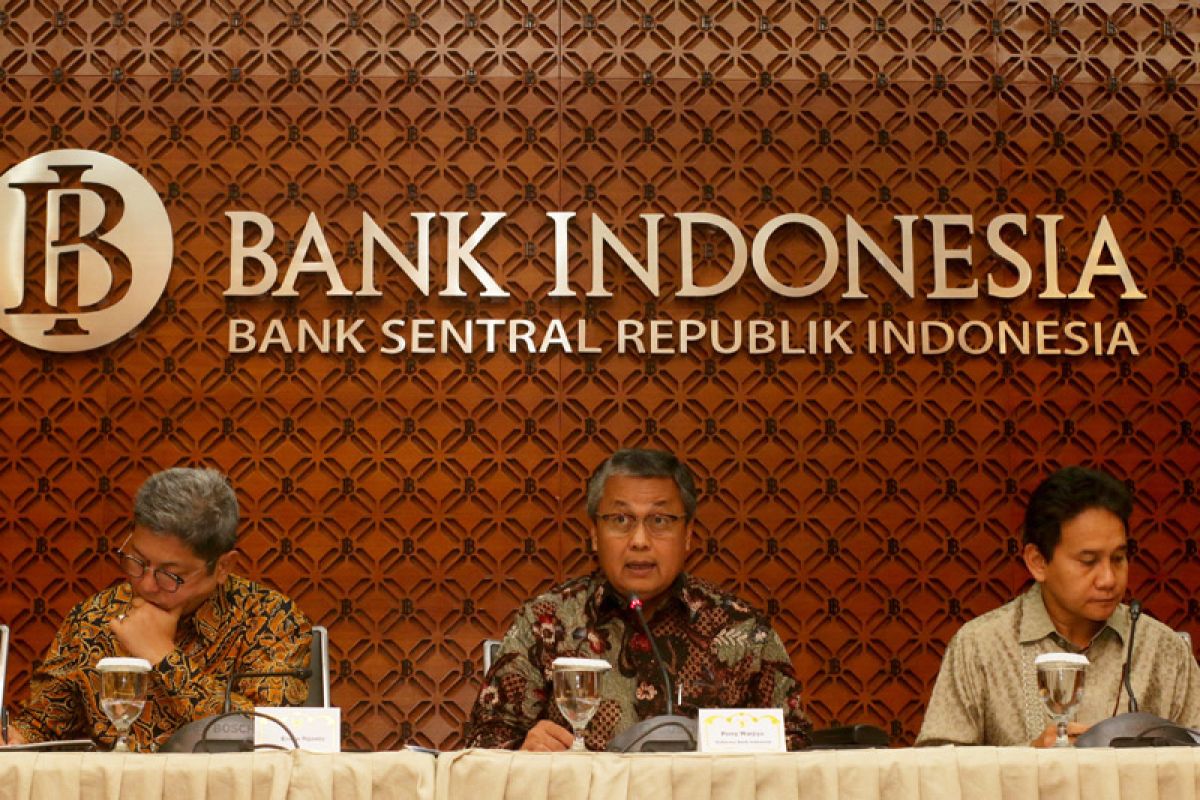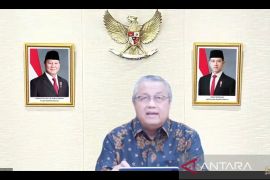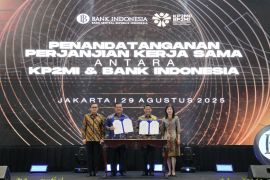"Core inflation was controlled despite rising services prices. Core inflation accelerated from 0.24 percent (mtm) to 0.41 percent (mtm) in the reporting period, with mobile phone tariffs and school fees cited as the main contributors," BI executive director for communications Agusman said here on Thursday.
Annually, core inflation was recorded at 2.87 percent (yoy), up from 2.72 percent (yoy) the month earlier.
Controlled core inflation, as of July 2018, was inextricably linked to policy consistency by in terms of forming and anchoring rational inflation expectations, including rupiah stabilization strategy in line with the currency?s fundamental value.
Moving forward, BI projects inflation to be within the target range for 2018, namely 3.5?1 percent.
The World Bank earlier projected Indonesia?s economic growth to reach 5.3 percent in 2018, lower than the target set at 5.4 percent in the State Budget 2018.
"We predict Indonesia?s economic growth to be 5.3 percent in 2018, up from 5.1 percent in 2017," a World Bank Senior Economist, Derek Chen, stated here on Thursday.
According to Chen, Indonesia?s economic growth this year will be driven by investment, as well as household consumption, considering the general elections of administration heads, which will be held across the nation this year.
"The investment is very strong, and we see that the household consumption will rise slightly in line with the election," Chen remarked.
He added that the elections in 2018 and 2019 will not interfere with domestic economic activity. After the elections, investment will grow faster because political uncertainty will begin to subside.
Reporter: Azis Kurmala
Editor: Yosep Hariyadi
Copyright © ANTARA 2018











